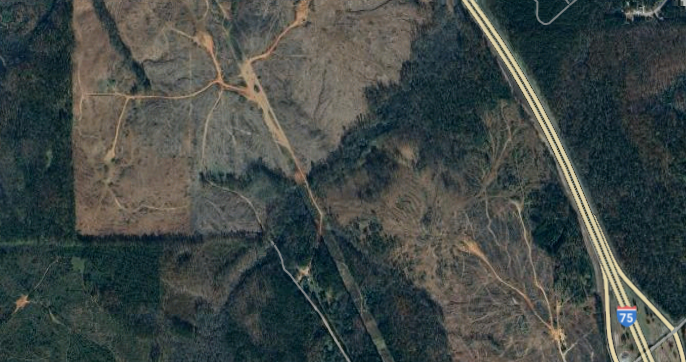5 North Carolina Beaches and 9 Rivers Declared Unsafe for Swimming Due to Fecal Bacteria
RALEIGH, N.C. — Health officials have issued swim warnings at five coastal locations and nine river sites across North Carolina following alarming test results revealing dangerously high levels of fecal bacteria in the water.
Bacteria Levels Spike at Coastal Beaches and Riverfronts
Testing conducted by the N.C. Recreational Water Quality Program and Sound Rivers, a nonprofit water monitoring group, identified areas across Dare, Beaufort, and Carteret counties, as well as major inland rivers, where fecal bacteria levels exceeded both state and EPA health standards.
Among the coastal sites flagged:
- Sunset Drive public access point, Morehead City (Bogue Sound)
- 16th Street public swimming area, Morehead City (Bogue Sound)
- East Oregon Street beach access, Kill Devil Hills
- Jockey’s Ridge Sound-side Access, Nags Head
- Pantego Creek public access, Belhaven (Beaufort County)
These areas are not officially closed but are under advisory against swimming, especially within 200 feet of posted signage, due to potential health risks like gastrointestinal illnesses and skin infections.
River Sites Near Raleigh and the Coast Also Fail Tests
Nine inland swimming sites failed E. coli bacteria tests from Sound Rivers’ weekly monitoring. These include:
- Falls Lake (Highway 50 boat ramp) north of Raleigh
- Neuse River at Buffaloe Road in Raleigh
- Poole Road canoe launch in Raleigh
- Tar River Reservoir, Rocky Mount
- Pamlico River at Washington waterfront
- Brice’s Creek, New Bern
- Pierce’s Creek, Oriental
- Havens Gardens, Bath
- Bonner Point, Bath
Officials noted that recent heavy rainfall may have caused runoff that introduced bacteria into rivers and coastal waterways.
What’s Behind the Warnings?
Heavy rains often wash bacteria-laden runoff into swimming areas, especially in low-lying coastal regions and urban riverbanks. Experts from Sound Rivers caution that high fecal bacteria levels can be particularly dangerous to children, pets, and people with weakened immune systems.
The N.C. Department of Environmental Quality monitors 224 coastal water sites regularly between April and October. When bacteria levels exceed acceptable limits, advisories are posted until water quality improves.
State Continues Monitoring
Officials from the state environmental department and Sound Rivers have committed to ongoing testing and will lift advisories when bacteria levels fall below safety thresholds.
Residents and tourists planning to swim in affected areas are urged to check for posted signs and stay updated through local health departments or water quality agencies.
Stay informed about environmental health risks and regional updates by following us at SaludaStandard-Sentinel.com — your source for the latest in Carolina news and safety alerts.







